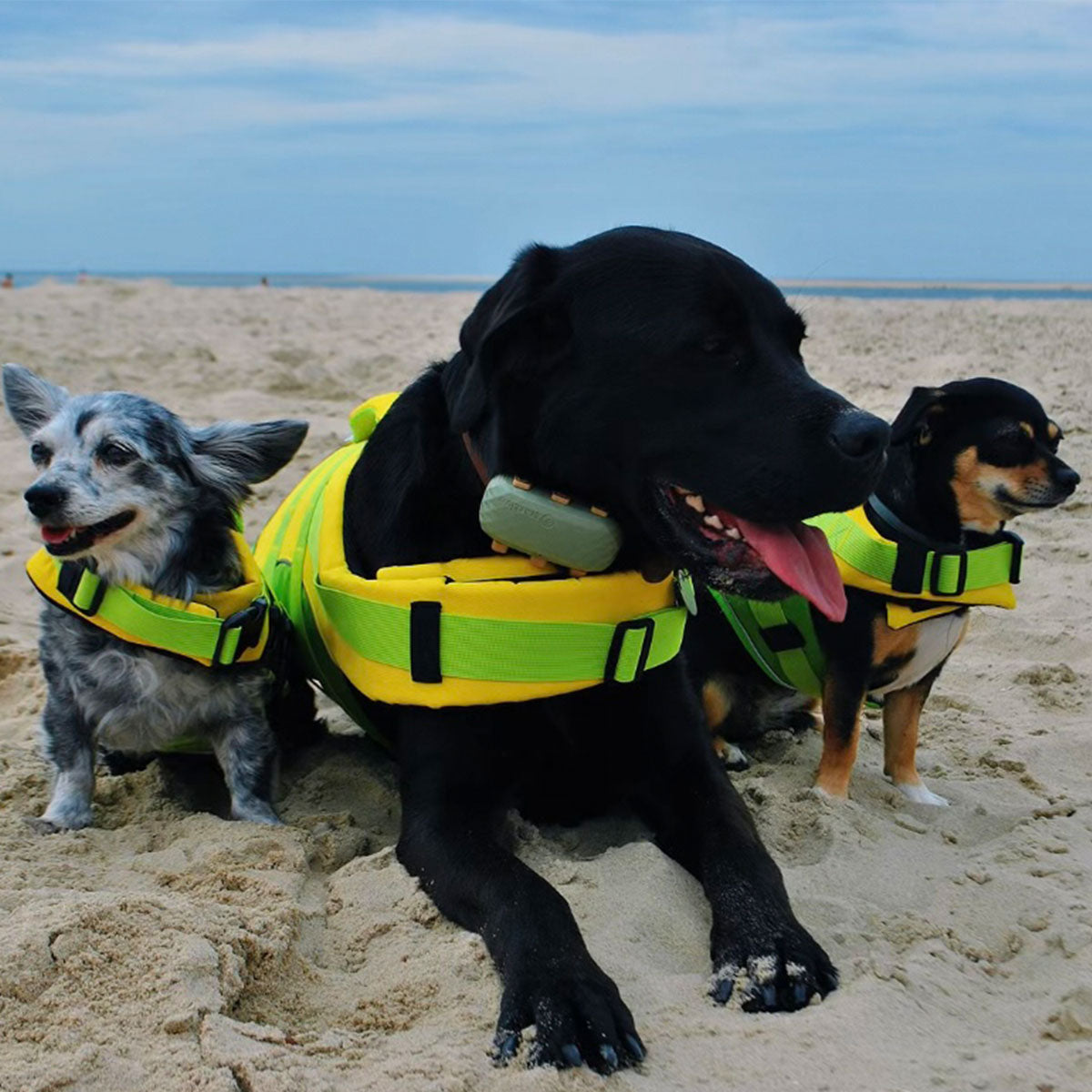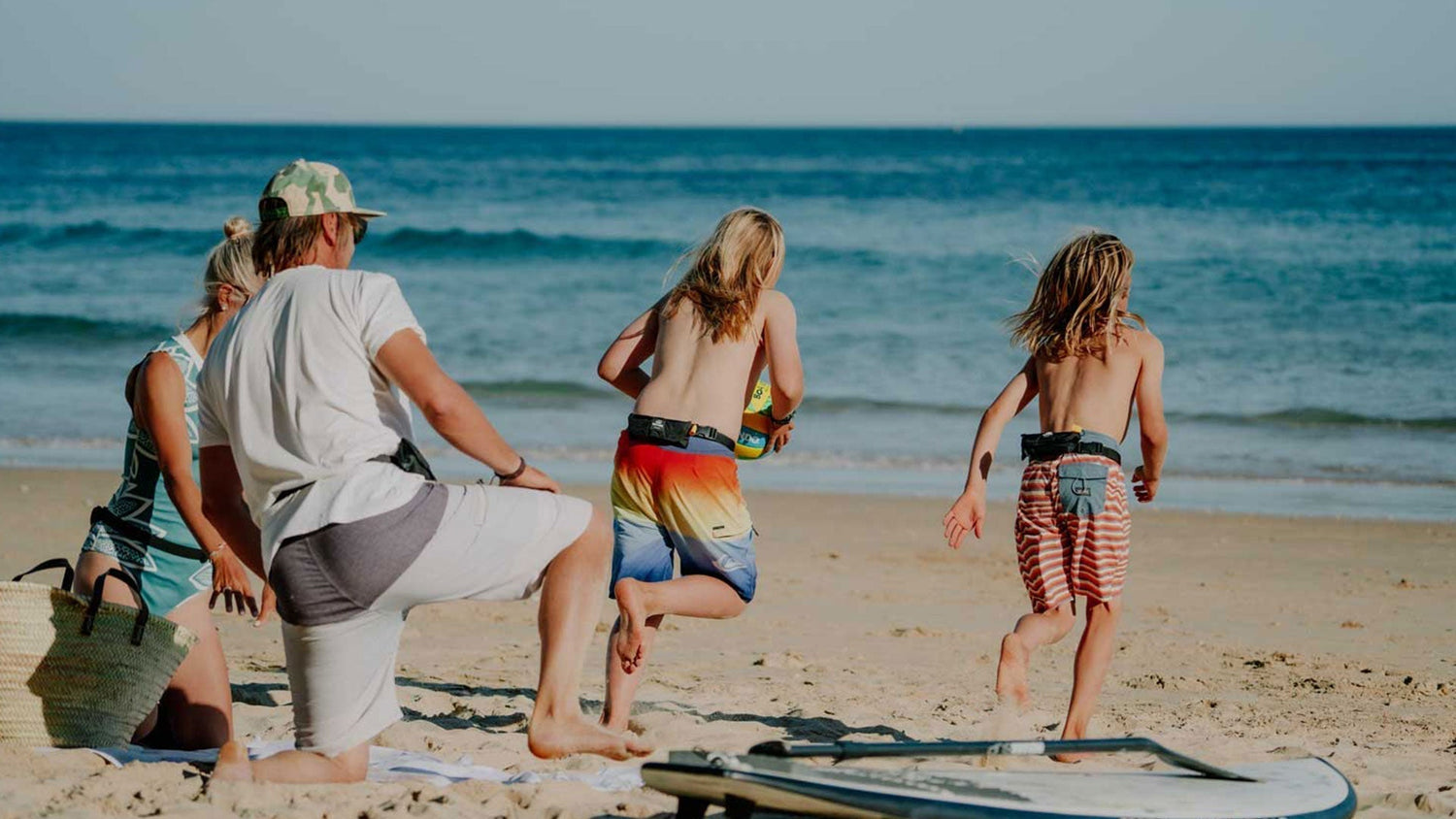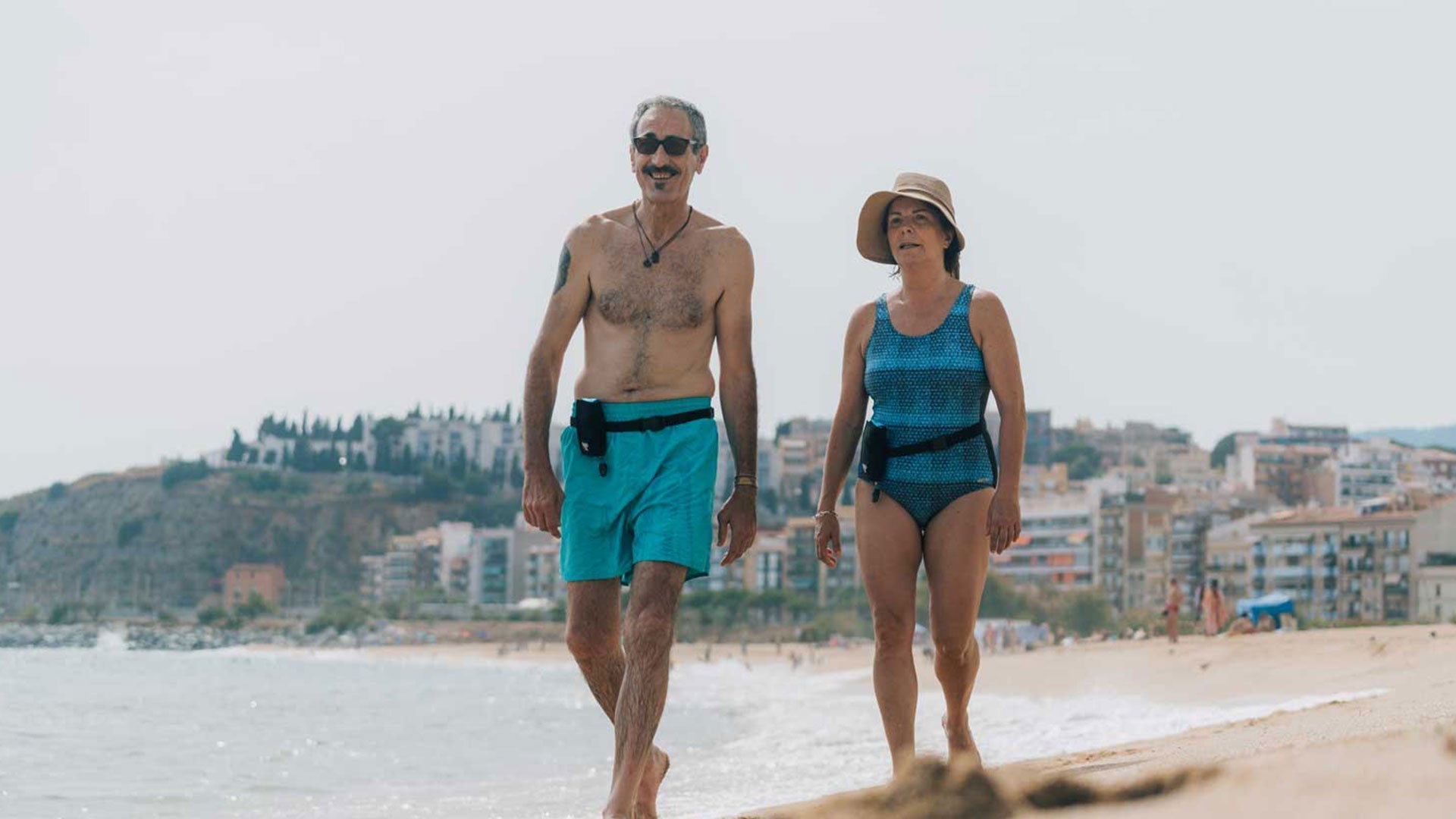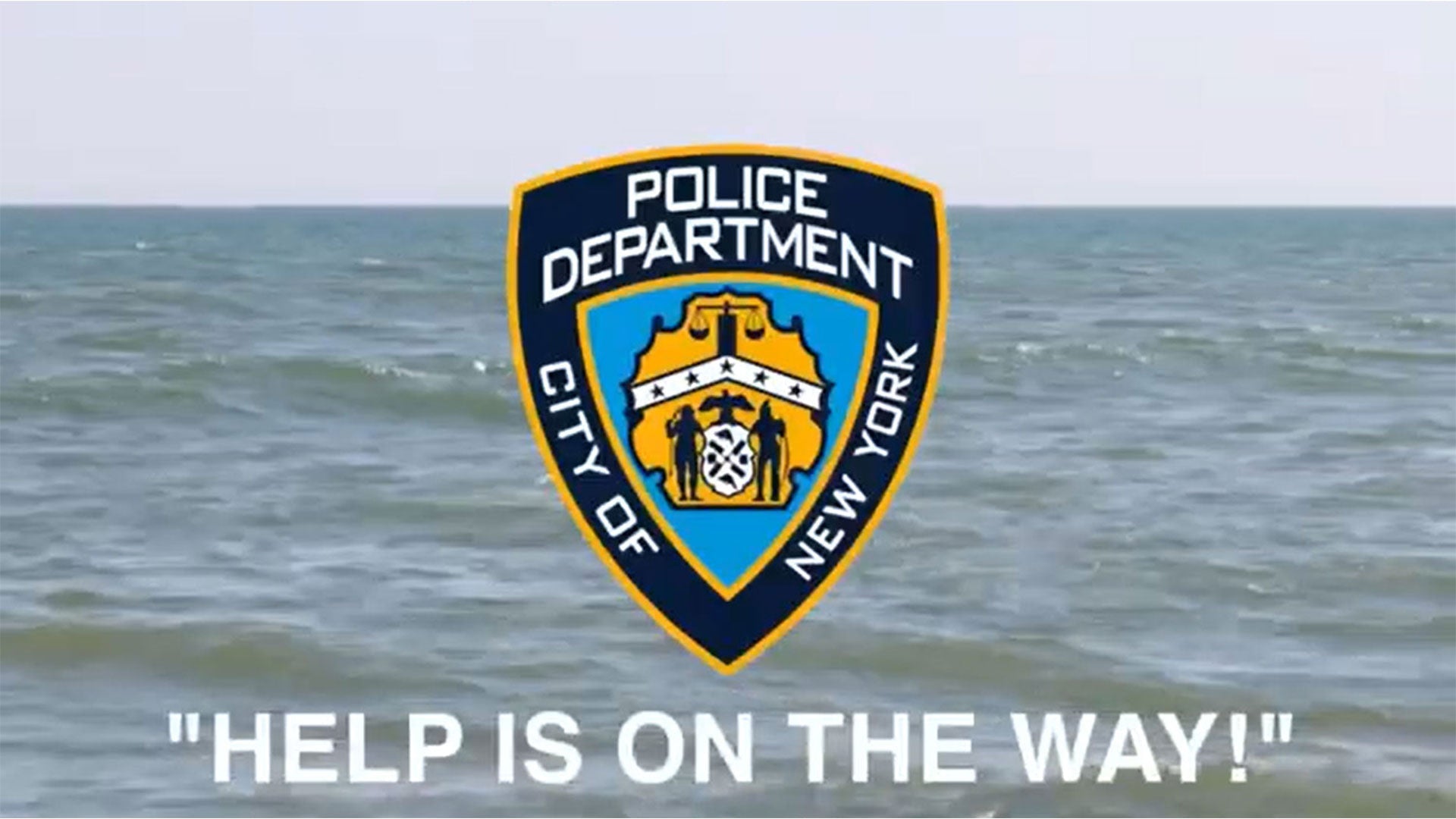¿Cuáles son las particularidades de los océanos? ¿Y cómo te preparas para vivir aventuras seguras y viajes relajados a la playa? Hemos recopilado mucha información importante para ti!
Con 5 valiosos consejos de Christina Gindl, que lleva años en su casa junto al mar 😊
El mar siempre ha ejercido una atracción mágica sobre las personas. Su infinita extensión, sus fascinantes olas y la enorme variedad de vida que alberga lo convierten en un lugar único de descubrimiento y relajación. Pero antes de zambullirte en el agua salada, es importante que conozcas algunos datos básicos sobre el mar y sus características, para que puedas disfrutar de él con seguridad.
Las Mareas
Una de las características más fascinantes del mar son sin duda sus mareas. Estas fluctuaciones periódicas del nivel del agua son el resultado de la atracción gravitatoria de la Luna y el Sol sobre la Tierra. Las mareas determinan la alternancia regular entre la pleamar y la bajamar, en la que el agua a veces sube y luego baja. Es importante saber que la fuerza y la altura de las mareas pueden variar según la situación geográfica y las condiciones locales. En algunas costas pueden producirse fuertes corrientes, mientras que en otros lugares pueden observarse mareas suaves y lentas.
Para realizar actividades en el mar, es esencial prestar atención a las tablas de mareas y conocer las condiciones locales. Esto es necesario para elegir el momento del día apropiado para tus planes. Debes tener especial precaución durante las mareas vivas, que se producen durante la luna llena. Las mareas pueden dar lugar a niveles de agua más altos y a corrientes especialmente fuertes.
¡Hablando de corrientes! Ten en cuenta que pueden aparecer de repente y poseer una fuerza increíble. Si te ves atrapado por una corriente, es esencial que mantengas la calma y no intentes nadar contra ella. En lugar de eso, nada en paralelo a la orilla para escapar de la corriente. La flotabilidad adicional, proporcionada por productos como Boyas de seguridad RESTUBE, puede ser crucial en una situación así.

Consejo:
¡Infórmate e idealmente habla con la gente del lugar! Los pescadores, navegantes y entusiastas de los deportes acuáticos suelen conocer bien las aguas locales y pueden proporcionarte información importante.
Los pescadores, navegantes y entusiastas de los deportes acuáticos suelen conocer bien las aguas locales y pueden proporcionarte información importante.
Flora y Fauna
Los animales y plantas del mar desempeñan un papel fundamental en el mantenimiento del equilibrio de nuestro ecosistema. Los arrecifes de coral no sólo proporcionan hábitats a numerosas criaturas marinas, sino que también protegen las costas de la erosión y las mareas de tempestad. Las algas y las praderas marinas contribuyen a la producción de oxígeno y sirven de alimento a muchos animales marinos. Los peces regulan la cadena alimentaria, mientras que los grandes mamíferos marinos, como las ballenas, desempeñan un papel clave en el ciclo del carbono. Sin embargo, los cambios medioambientales y la intervención humana amenazan este delicado equilibrio, poniendo en peligro no sólo el ecosistema marino, sino afectando también a toda la humanidad.
Por tanto, ¡es esencial que cada uno de nosotros contribuya a la conservación de la flora y la fauna del mar tomando decisiones respetuosas con el medio ambiente! Esto incluye no dejar basura en el mar o cerca de él (¡lo ideal sería no producirla en primer lugar!), y abstenerse de tocar o destruir hábitats naturales como los arrecifes de coral mientras nadas y buceas. También debes abstenerte de recoger conchas u otros animales marinos para no alterar el equilibrio ecológico. Cuando utilices crema solar, asegúrate de que sea respetuosa con el medio ambiente para evitar dañar los arrecifes de coral. Protégete las piernas y la parte superior del cuerpo del sol con ropa adecuada.
Precaución: Algunas aguas albergan erizos de mar, medusas u otras criaturas marinas venenosas, cuyo contacto puede ser extremadamente incómodo o incluso peligroso. Infórmate sobre los peligros potenciales antes de entrar en el agua!
Sorprendidos por las medusas
Pia fue sorprendida por una medusa mientras nadaba en el mar. Se produjo una situación de riesgo, ya que es alérgica. Con la ayuda de la boya amarilla RESTUBE pudo llamar la atención y fue rescatada...

RESTUBO X CLEANHUB
Protegemos nuestras aguas de los residuos plásticos
¿Sabías que con cada pedido nos aseguramos de que se retira 1 kg de plástico de las zonas costeras?
Nuestro socio Clean-Hub y las organizaciones locales lo hacen posible
Las banderas y su significado
Para la seguridad en las playas y en el mar, los socorristas velan por la vigilancia de las condiciones de baño en el agua, advirtiendo de posibles peligros y prestando ayuda rápida en caso de emergencia. Al izar las banderas en las playas vigiladas, informan a los aficionados a los deportes acuáticos y a los bañistas sobre las condiciones reinantes. Conoce el significado de las distintas banderas para adaptar tu comportamiento a ellas.
Una bandera roja señala que nadar en el mar no es seguro debido a condiciones peligrosas como fuerte oleaje, corrientes u otros riesgos.
Una bandera amarilla avisa de peligros potenciales, como corrientes fuertes o aguas agitadas, pero no indica necesariamente la prohibición de nadar.
Una bandera verde indica que las condiciones de la playa se consideran seguras y está permitido bañarse.
Una Bandera Azul es una marca de calidad del ámbito del turismo sostenible, pero no dice nada sobre las condiciones del agua.
Consejo: ¡Por tu propia seguridad, elige siempre una playa vigilada! Los socorristas están muy familiarizados con las condiciones locales y también pueden responder a cualquier pregunta que puedas tener.
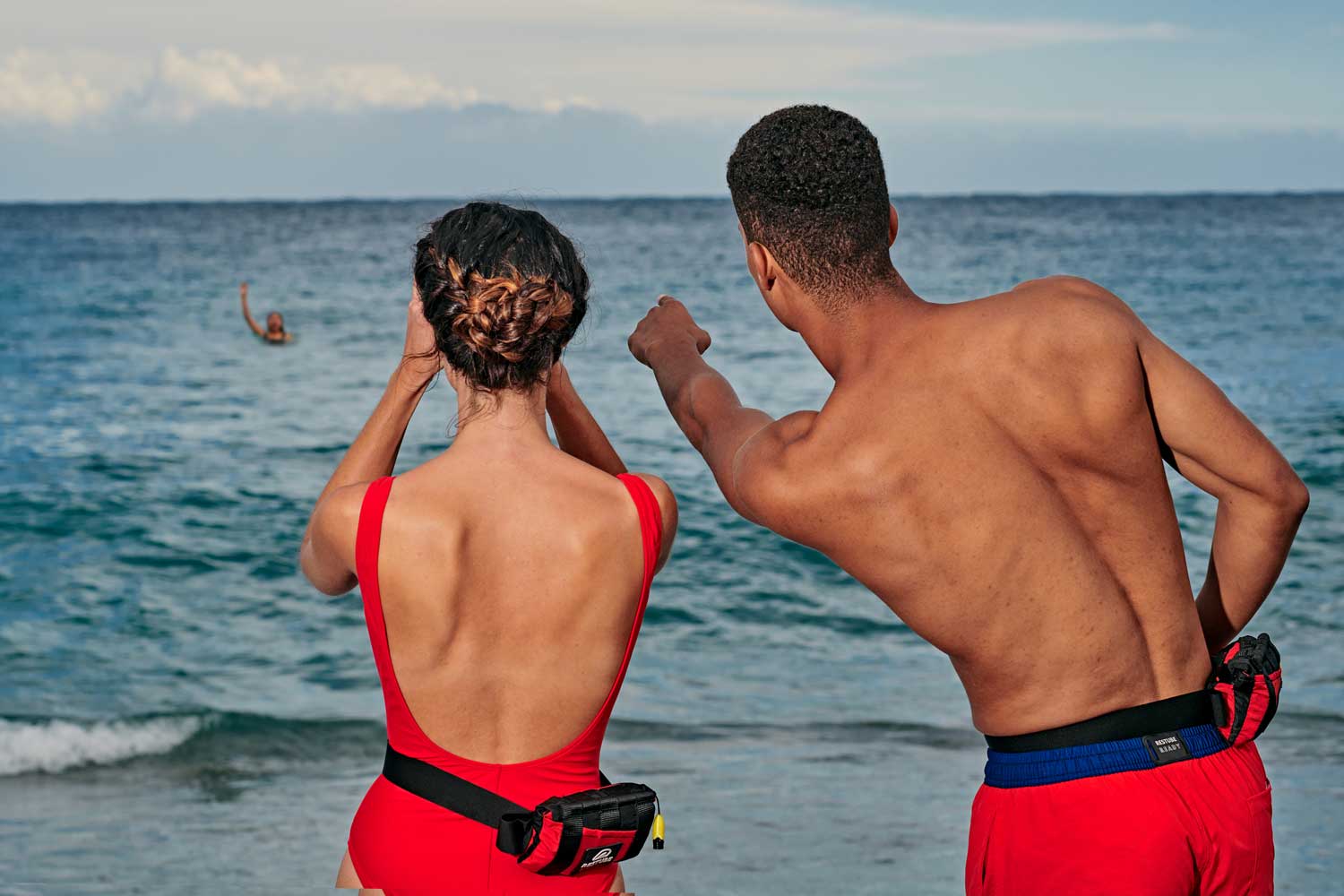
Agua salada para la salud
¡El agua salada ofrece toda una serie de beneficios para la salud! En primer lugar, el agua del mar es rica en minerales como magnesio, calcio y potasio, que pueden ayudar a limpiar y renovar la piel. Además, el agua salada tiene propiedades desinfectantes suaves y puede ayudar a curar pequeñas lesiones cutáneas. Inhalar aire salado también puede ayudar a aflojar la mucosidad de las vías respiratorias. Las personas con afecciones respiratorias, como asma o bronquitis, a menudo experimentan un alivio de los síntomas cuando están junto al mar.
El aire salado también puede ayudar a aflojar la mucosidad de las vías respiratorias.
¡Ten cuidado al nadar en el mar! Comparado con nadar en lagos, suele requerir una mayor forma física. Enfrentarse a olas y corrientes exige más resistencia que en un lago tranquilo. Conoce tus límites, no te sobreestimes y lleva siempre contigo flotabilidad adicional.
¿Qué boya de seguridad es la adecuada para mí?
Existen diferentes modelos de Boyas de Seguridad que se diferencian en pequeños detalles, adaptados a la actividad en el agua. Responde a nuestro cuestionario y averigua con unos pocos clics qué Boya de Seguridad es la adecuada para ti.
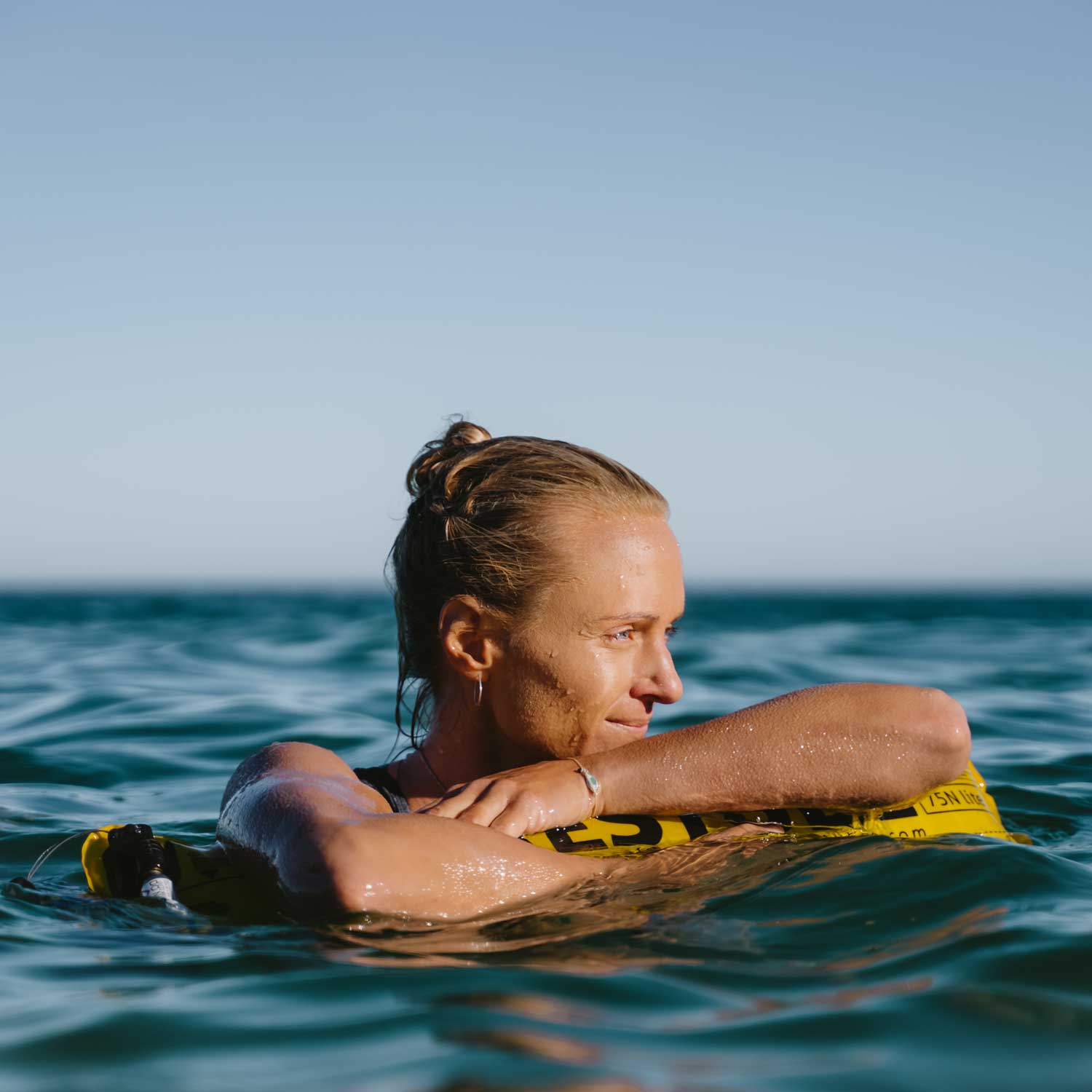
¡Christina Gindl ama y vive para el mar! Esta austriaca de nacimiento se mudó a Portugal hace unos años por su amor al agua salada. El surf y la apnea son sus grandes pasiones. Pero incluso cuando no está practicando deportes, Christina pasa sus momentos libres junto al mar, recargando energía y maravillándose ante la belleza de la naturaleza.
Con nosotros, comparte consejos sobre cómo garantizar una vida segura y relajada junto al mar.
Christina Gindl es una apasionada del mar.
Consejo 1: ¡Embárcate siempre en tus aventuras marinas con un compañero! La seguridad es lo más importante!
Consejo 2: Hablando de seguridad, lleva siempre contigo boyas adicionales como Restube, ¡para ti y para los demás!
Consejo 3: Familiarízate con el lugar donde entras en el mar. ¿Hay corrientes, cómo es la marea?
Consejo 4: Si sientes la más mínima molestia en los senos nasales o algún dolor de muelas, ¡abstente de bucear!
Consejo 5: La apnea no es para inexpertos. Empieza con el snorkel, es una forma maravillosa de explorar el mar y una buena preparación!
¡Muchas gracias, Christina!
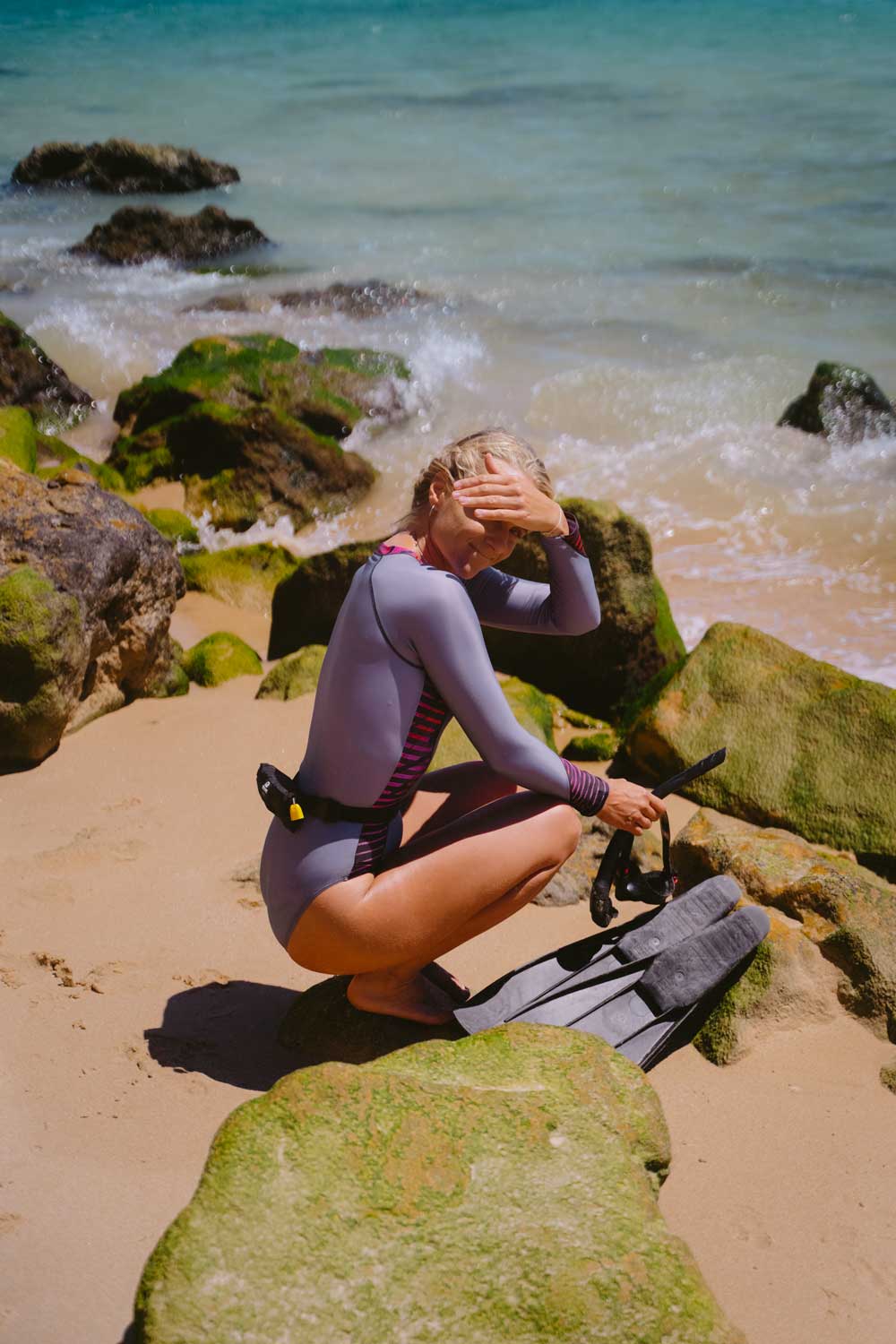
Sigue a Christina en Instagram. Allí te lleva regularmente en sus emocionantes aventuras por y en el mar.

